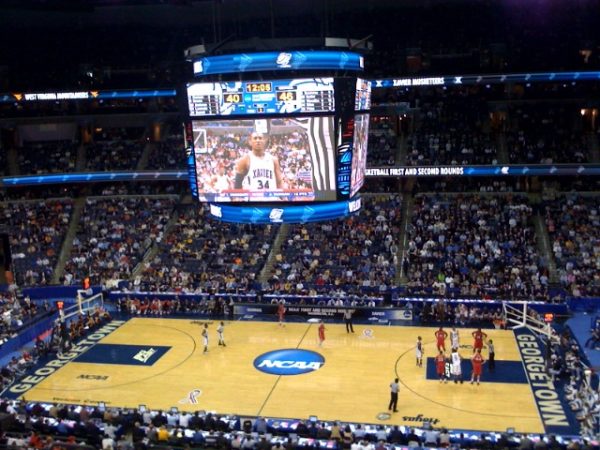Len Oliver Lending a Brain
 Quite a few sports players, whether they are professional or not, suffer head injuries, or more specifically, concussions. While some of these concussions are minor and only have temporary effects, others can be more serious and even lead to more permanent psychological issues. Thus, US soccer hall of famer Len Oliver has decided to donate his brain and spinal cord for researchers studying head injuries in sports at the Concussion Legacy Foundation.
Quite a few sports players, whether they are professional or not, suffer head injuries, or more specifically, concussions. While some of these concussions are minor and only have temporary effects, others can be more serious and even lead to more permanent psychological issues. Thus, US soccer hall of famer Len Oliver has decided to donate his brain and spinal cord for researchers studying head injuries in sports at the Concussion Legacy Foundation.
Multiple athletes have pledged to donate their brains to science after they pass away, so what makes Oliver special? Unlike these other athletes, he is eighty-two. The other donors, including soccer pro Brandi Chastain and race car driver Dale Earnhardt Jr., are all quite a bit younger than Oliver. While speaking about Chastain he said, “She’s forty-seven. It might be forty to fifty years before they get to her. I could pass tomorrow.”
Oliver has a lot of experience with head injuries; back when he still played pro soccer, he endured six head injuries that were most likely concussions. Oliver played for a team called the Baltimore Pompeii and later for the US soccer team at the 1963 Pan American Games. Oliver was put into the National Soccer Hall of Fame in 1996. Additionally, even after his career as an athlete had ended he continued to coach and referee for many years.
While brain research is mostly why Oliver wants to donate his brain to the scientists, there is another reason. According to the Washington Post, Oliver also wants to defeat the idea that heading the ball in soccer can lead to head injuries. He believes that this thought will cause heading to be taken out of soccer, which he says would change the game forever. “It’s good we are more aware of concussion policy and protocol, but the moment you start insisting heading the ball is dangerous, there goes the sport.”
Even though soccer does lead to cause concussions, the sport with the largest number of head injuries is American football According to The Washington Post, “Two-thirds of the more than 300 brains acquired by the Concussion Legacy Foundation have come from former football players.” The Concussion Legacy Foundation says that “ninety of ninety-four former NFL players have been diagnosed with CTE at the VA-BU-CLF Brain Bank.” CTE stands for chronic traumatic encephalopathy, a disease that affects people that have suffered many concussions or other brain trauma. Some symptoms of CTE are memory loss, judgement impairment, and gradual onset of dementia.
Though not all concussions lead to CTE, even minor ones can actually be quite common in certain contact sports. According to the Concussion Legacy Foundation, 3.8 million concussions occur each year, but only about one in six are diagnosed. These untreated concussions can lead to long lasting symptoms that affect one’s academics, job performance, physical ability, and mental health. This and other problems are the things that the Concussion Legacy Foundation and other foundations like it are trying to avoid and end.
Concussionfoundation.org says, “The Concussion Legacy Foundation (formerly the Sports Legacy Institute) is dedicated to advancing the study, treatment and prevention of the effects of brain trauma in athletes and other at-risk groups.” Brain donations like Oliver’s will go to the VA-BU-CLF Brain Bank and help this foundation make discoveries about concussions, CTE, and other brain Trauma.





